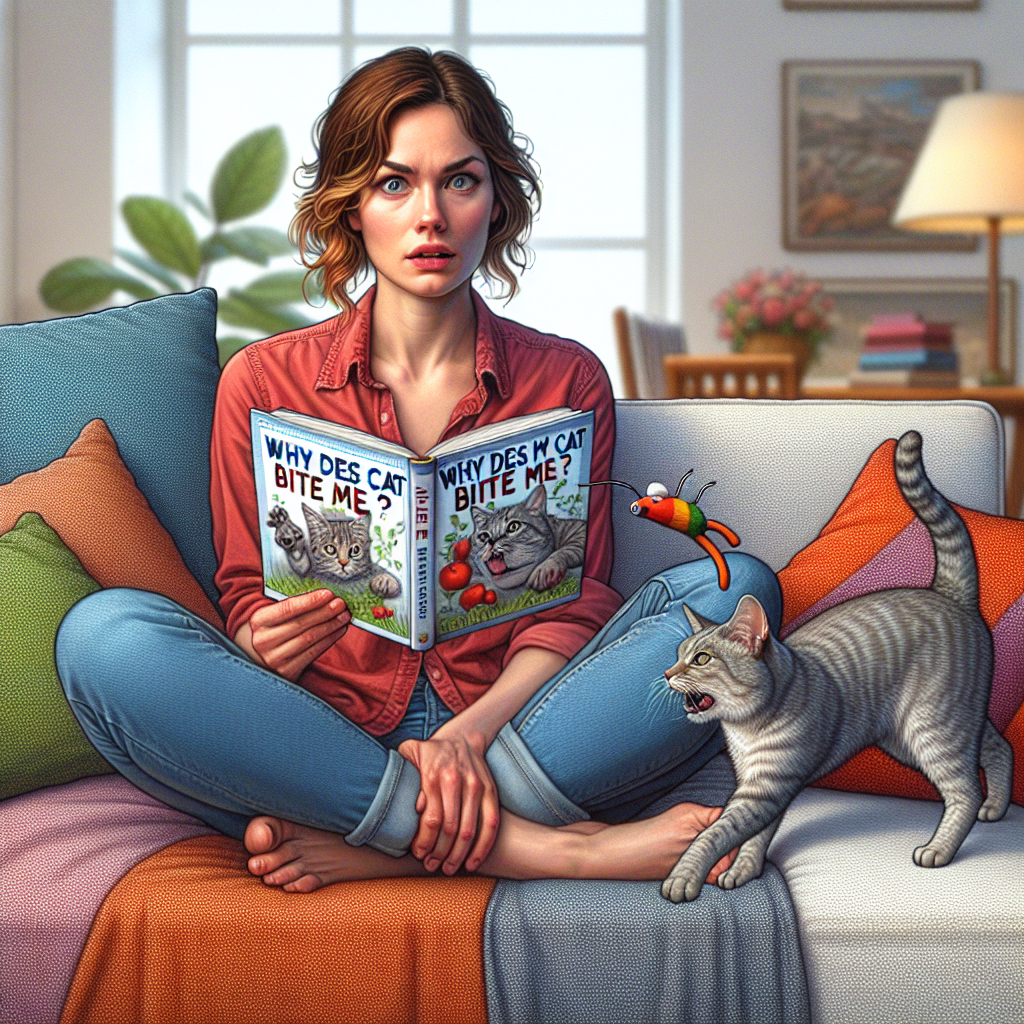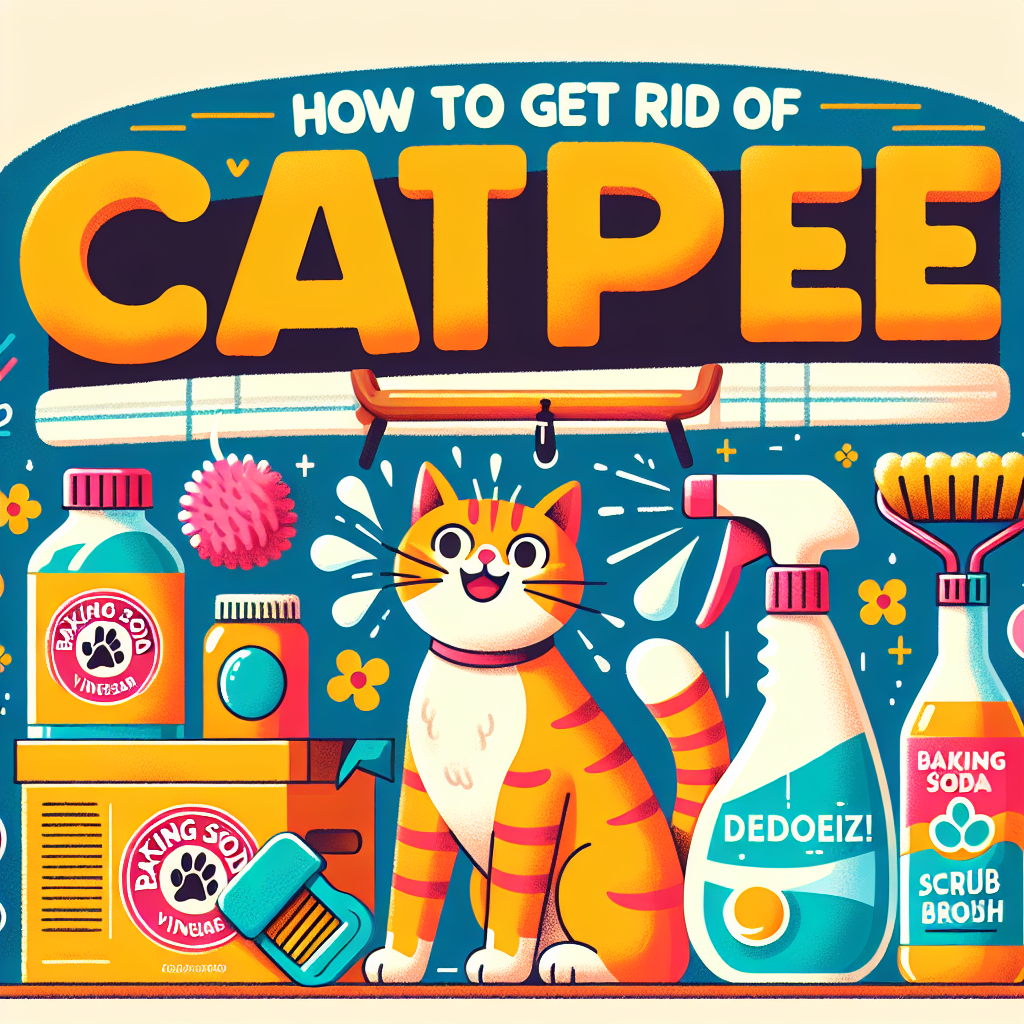Cats are fascinating creatures, often exhibiting behaviors that can leave their owners puzzled. One common behavior that can be particularly confusing is biting. If you find yourself on the receiving end of your feline friend’s sharp teeth, it’s essential to understand the reasons behind this behavior. Here are several explanations for why your cat might bite you.
1. Play Aggression
Kittens, in particular, are known for their playful nibbles and bites. They learn their hunting skills through play, which can sometimes involve aggressive actions directed at their human companions. If your cat bites during play, it may be a sign that they see you as a playmate. Addressing this behavior early on is crucial, as allowing it to continue can lead to more serious biting issues.
What to Do:
Redirect their energy towards toys rather than your hands. Interactive toys like feather wands or laser pointers can help fulfill their need to hunt without causing harm.
2. Overstimulation
Cats have their own unique thresholds for stimulation. While petting and cuddling your cat can be wonderful, there may come a point when they want to be left alone. If your cat suddenly bites or swats after a period of being petted, they might be signaling that they’re overstimulated.
What to Do:
Pay attention to your cat’s body language. Signs of overstimulation include a twitching tail, flattened ears, or sudden changes in behavior. When you notice these signals, give your cat some space.
3. Seeking Attention or Affection
Sometimes, a cat might bite to get your attention. This behavior often occurs when they are feeling neglected or want to engage with you. A light nip can turn into a more aggressive bite if they feel ignored.
What to Do:
Ensure you’re spending quality time with your cat through interactive play and petting. If they bite for attention, redirect their behavior by responding positively to appropriate interactions.
4. Hunting Instincts
Cats are natural hunters, and their instinct to stalk and pounce can manifest in various ways, including biting. If your cat is practicing their hunting skills, it may view your hand or foot as a target.
What to Do:
Make sure your cat has ample opportunities to engage in hunting-like play. Provide toys they can chase, pounce on, and catch. This will help channel their instincts in a more appropriate way.
5. Defense Mechanism
A cat may bite out of fear or anxiety, especially if they feel threatened or cornered. This defensive biting can happen in response to a sudden movement or an unfamiliar situation.
What to Do:
Respect your cat’s personal space and avoid forcibly handling them if they seem uncomfortable. Building trust and creating a safe environment will help reduce fear-based biting.
6. Illness or Pain
If your cat suddenly starts biting and this behavior is out of the ordinary, it could be a sign of discomfort or pain. Cats often hide their pain well, so a change in behavior may indicate an underlying health issue.
What to Do:
If you suspect your cat’s biting is related to illness, it’s crucial to consult a veterinarian. They can provide a thorough examination to rule out any medical conditions.
7. Territorial Behavior
Cats can be quite territorial, and they may bite to assert their dominance over a space or object. This is especially true if there are other pets in the household.
What to Do:
Ensure each of your pets has their own space and resources, such as food bowls, litter boxes, and resting spots. Creating a calm environment can help reduce territorial disputes.
Conclusion
Understanding why your cat bites you requires observing their behavior and considering various factors that may influence it. Whether it’s play aggression, overstimulation, or a defense mechanism, recognizing the signs will help you address the behavior appropriately. With patience and the right approach, you can strengthen your bond with your feline friend and cultivate a more positive interaction. Always remember that if the biting persists or escalates, consulting a veterinarian or a professional animal behaviorist is advisable.





